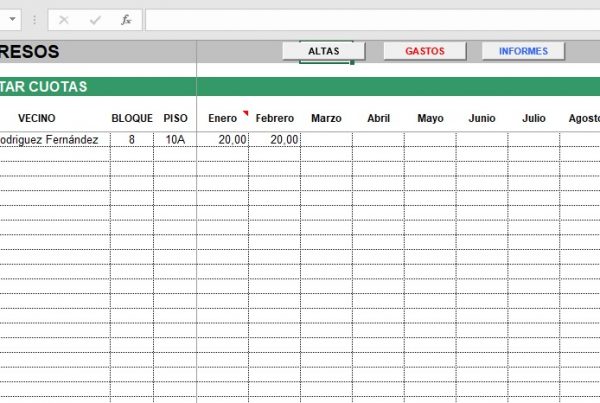In general, the term bid management refers to the control of advertisements in the SEM area. In particular, bid management refers to software that automatically controls commercial promotion in large campaigns using complex algorithms. This is known as bid management tools.
General information
Along with keyword management and targeting of ad copy and campaign content, bid management is one of the most important areas for measuring and increasing SEM success. The goal of bid management is to align budget planning with keywords, ads, and campaigns. With a bid management tool you can specify a budget for each keyword and adjust it automatically. For each keyword, the best offer is determined and distributed to different paid search providers.
Features
Bid management can be oriented to several objectives:
- Maximize clicks: Here, the keywords are selected by the system in such a way that they are cheap (cost per click), but the traffic increases. For example, they also place ads for keywords that do not ensure a high conversion rate.
- Conversion optimization: Only keywords with a high conversion rate are used to place ads. Conversion tracking is used to establish the performance and value of keywords. This monitoring is already included in most bid management tools.
- Maximize profits: In general, this is also a conversion optimization, but with the important difference that the value of certain keywords is used as a parameter to choose only those keywords that can generate a high profit.
In connection with bid management, terms such as ROI and ROAS are also used: in connection with complete advertising campaigns, efficiency and the budget used play a decisive role. In connection with individual ads, the financial means used are interesting, for example, to change the texts and keywords of the ads if they are not effective enough.
Bid management tools work according to different principles. There are self-learning, rule-based and portfolio systems. The former have a compilation of rules that are determined in advance. Some systems are tailored to the portfolio: The performance of the entire system is optimized. In self-learning systems, the effectiveness of certain rules is measured and, if necessary, modified by adding rules or omitting rules when appropriate for the season.
Practical relevance
In practice, bid management can be performed by both programs and SEM managers. Both have advantages and disadvantages. While a system can only react on the basis of the collected data, the SEM Manager acts more intuitively. If the conversion type of a specific keyword breaks because a post is no longer enabled or has timed out, the system responds with an algorithm that is not necessarily applicable to the problem. An SEM manager generally knows that a particular product is out of stock and changes its keywords and campaigns in advance. The system can only react.
This is problematic if the defined rules of a bid management tool lead to a so-called downward spiral: The rules minimize performance because they do not adapt or cannot be adapted to real world requirements. Experts argue that bid management is not fully automated, but is only used to simplify or make the most of certain processes, mainly for large campaigns and ad groups.[1]
Importance for SEO
Bid management aims to make the most of landing pages. Certain keywords must achieve a high conversion rate and special websites can benefit from this optimization, since the characteristics of the keywords are known in bid management. SEOs not only have the estimated values from the AdWords keyword planner available, but also validated data whose keywords are promising and which are not. It simply consists of figuring out which keywords are working and distributing them to the organic and paid sector in a meaningful way.
Web Links






